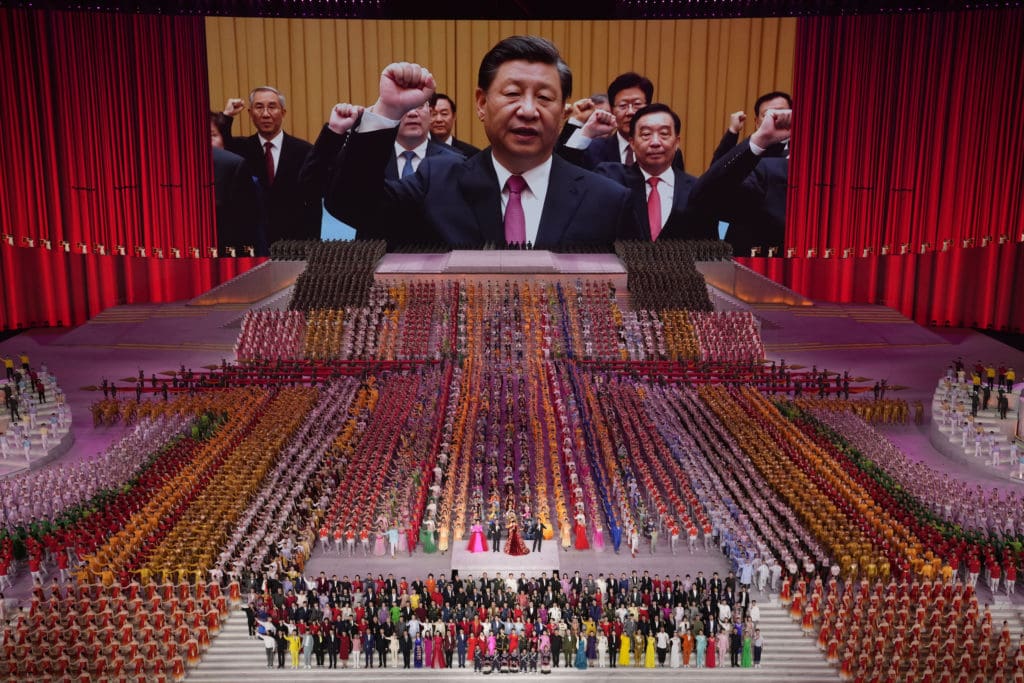Only weeks after banning “sissy” and “effeminate” men from television broadcasts, the Chinese government, led by President Xi Jinping, is set to ban video games that feature gay relationships, “unmanly” characters, and games that allow players to make moral decisions between good and evil paths.
A government memo leaked to the Hong Kong-based newspaper South China Morning Post has revealed that the government plans to ban video games that don’t promote “correct values”, an “accurate” understanding of Chinese history and culture, as well as those which portray gay relationships, “effeminate men”, and characters with no clear gender.
“If regulators can’t immediately discern the character’s gender, the setting of the characters could be considered problematic and red flags will be raised,” the memo reads.
The memo, which came from an internal training course organized by China’s state-backed gaming association, informs Chinese gaming studios that Beijing no longer views video games as apolitical “pure entertainment,” but as a powerful new art form that has the ability to shape attitudes, popular sentiments, and culture.

The ban will also likely affect developers whose video games glorify militarism or colonialism, modify mainstream historical narratives — especially in the context of National Socialist Germany or Imperial Japan — and those which depict worlds where players are encouraged to act in ways that can be viewed as immoral.
“Games can’t distort facts or deliberately provoke controversy, and historical figures with established narratives must not be refashioned,” the memo says.
News of the new ban comes roughly one month after the Chinese government announced new regulations which forbade young people under the age of 18 from playing online video games for more than three hours a week. Under the new rules, under-18s are permitted to engage in online gameplay for one hour per day, and only on Friday, Saturday, and Sunday between 8:00 p.m. and 9:00 p.m.
The latest restrictions put forward by China’s National Press and Publication Administration (NPPA) further tighten rules enacted last year which allowed those under the age of 18 to play online games for one and half hours each day on most days.
Gaming addiction among Chinese youth has been a longtime concern of the Chinese Communist Party. In August, Economic Information Daily, a Chinese state-run publication affiliated with the Xinhua newspaper, ran a piece that branded online gaming “spiritual opium.” The article prompted shares of NetEase, one of China’s gaming giants, to slide considerably.
The Chinese government’s concerns about video gaming addiction aren’t without merit. In the United States, where children and teenagers sit in front of endless numbers of screens, playing countless video games without any oversight, statistics suggest that as many as 12 percent of boys and seven percent of girls are addicted to gaming, which in 2018 was recognized by the WHO as a diagnosable mental health condition. Several studies indicate that the brain activity of video game addicts closely resembles that of drug addicts.





